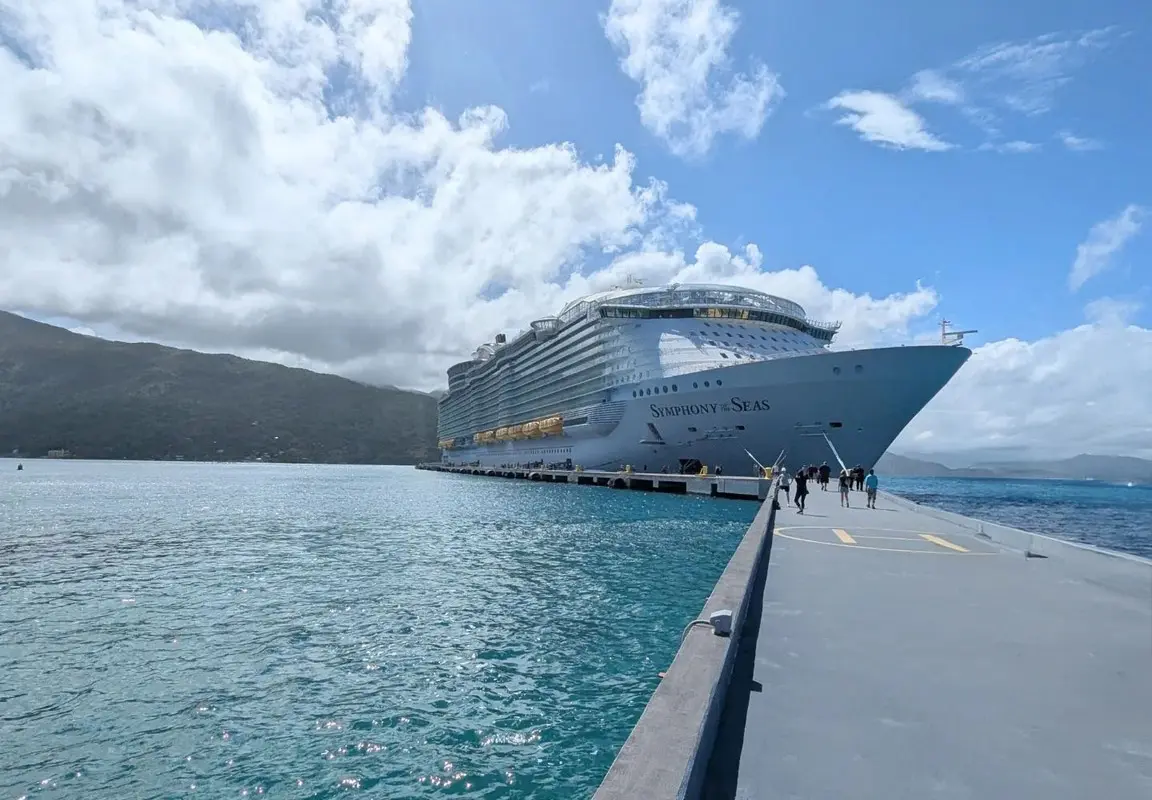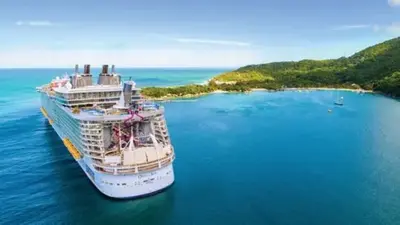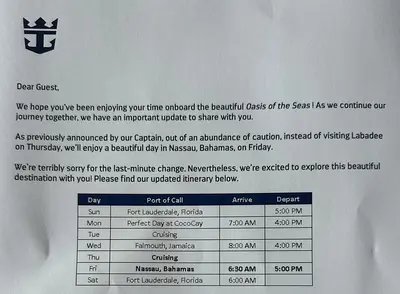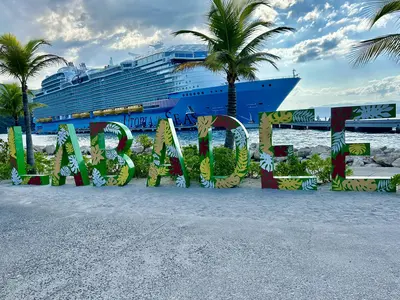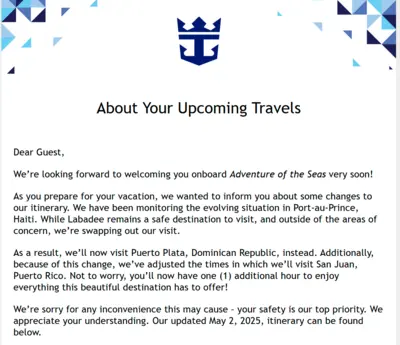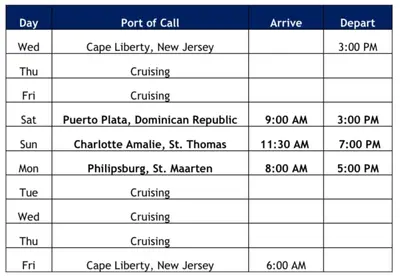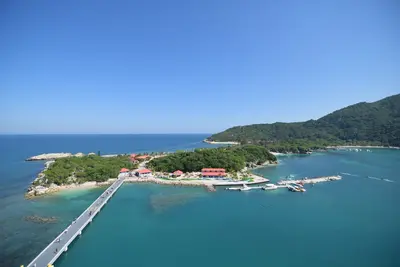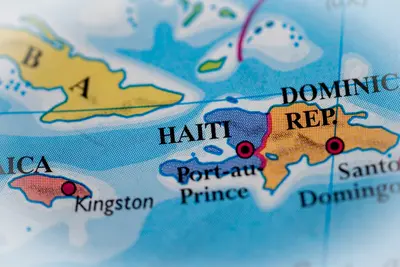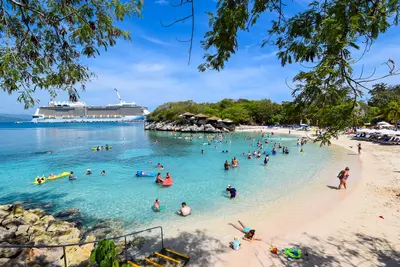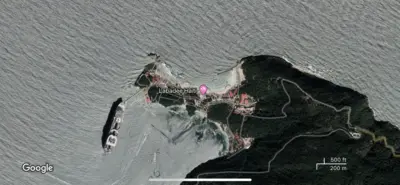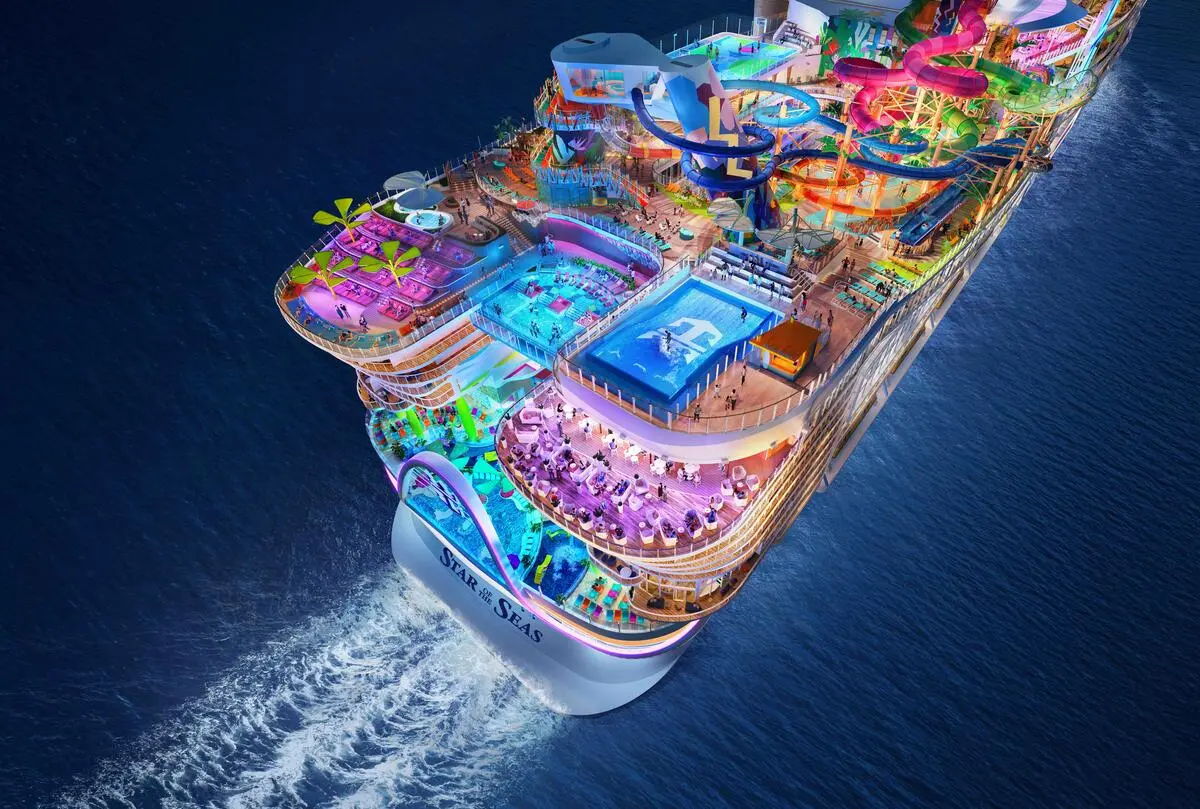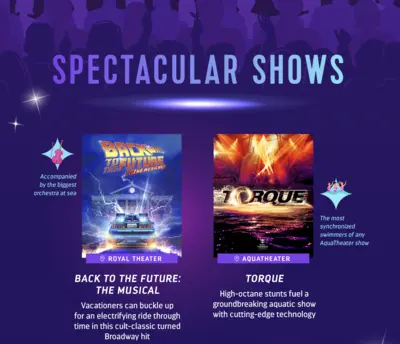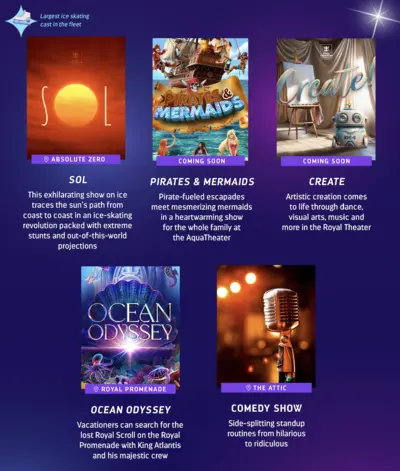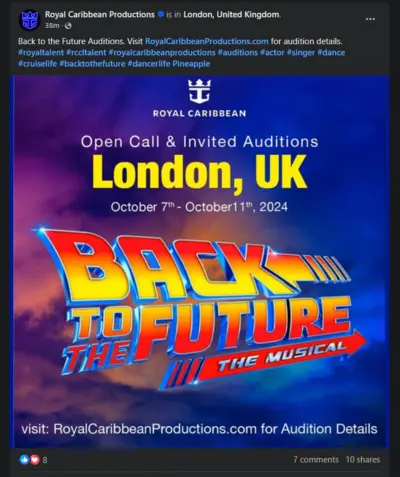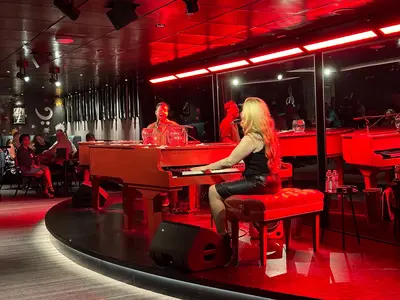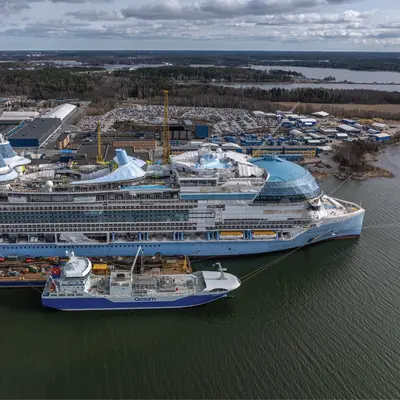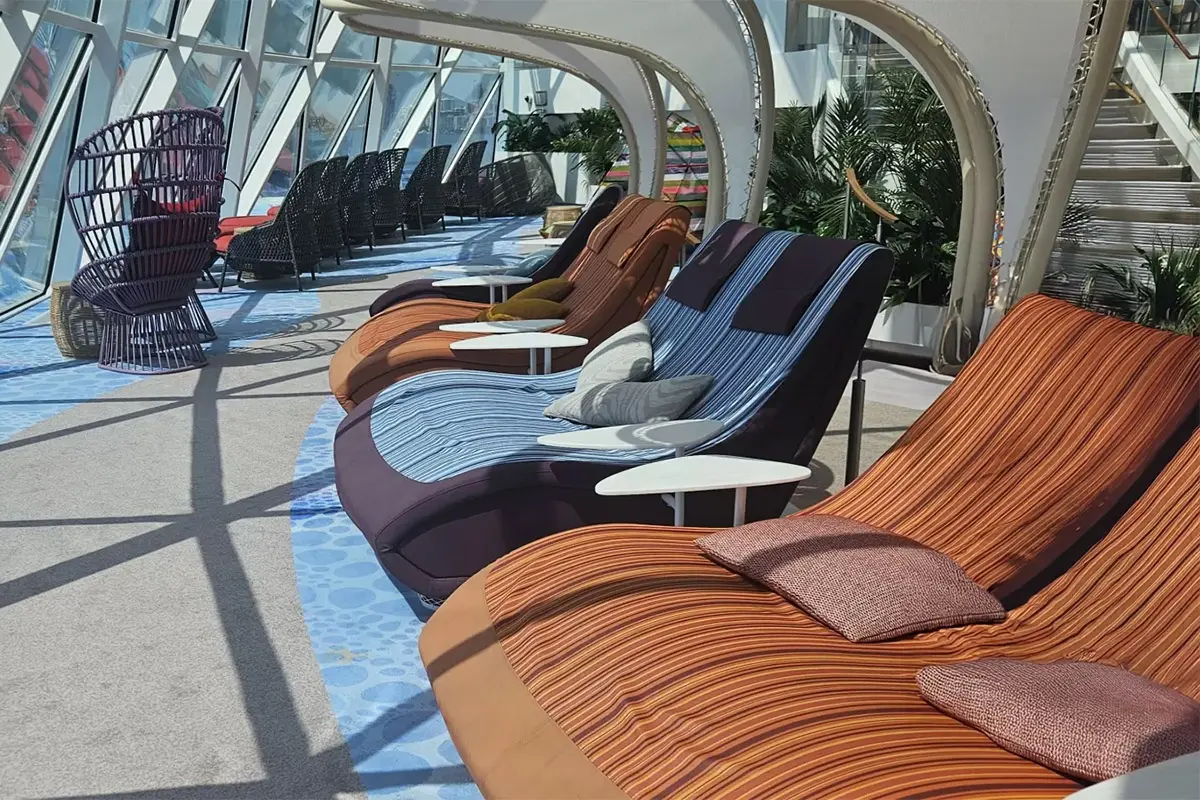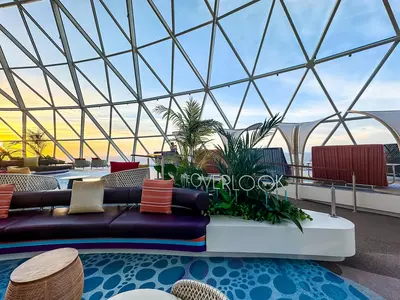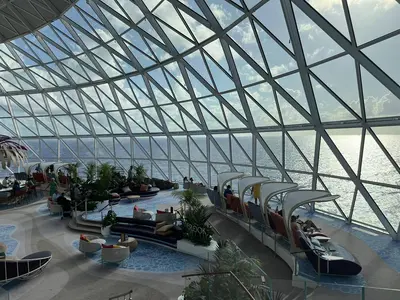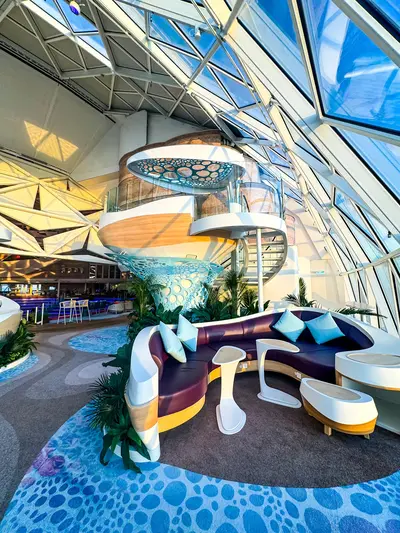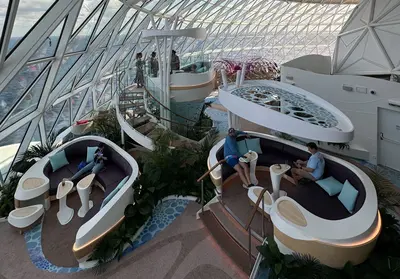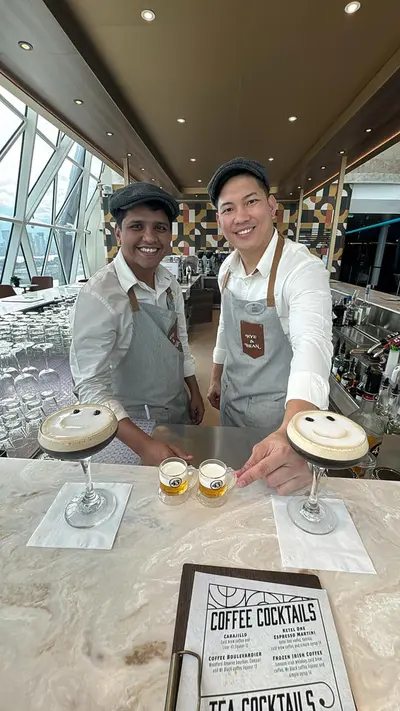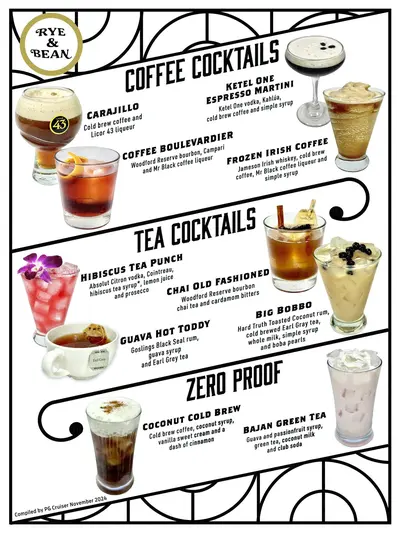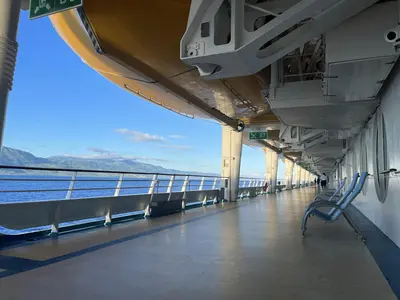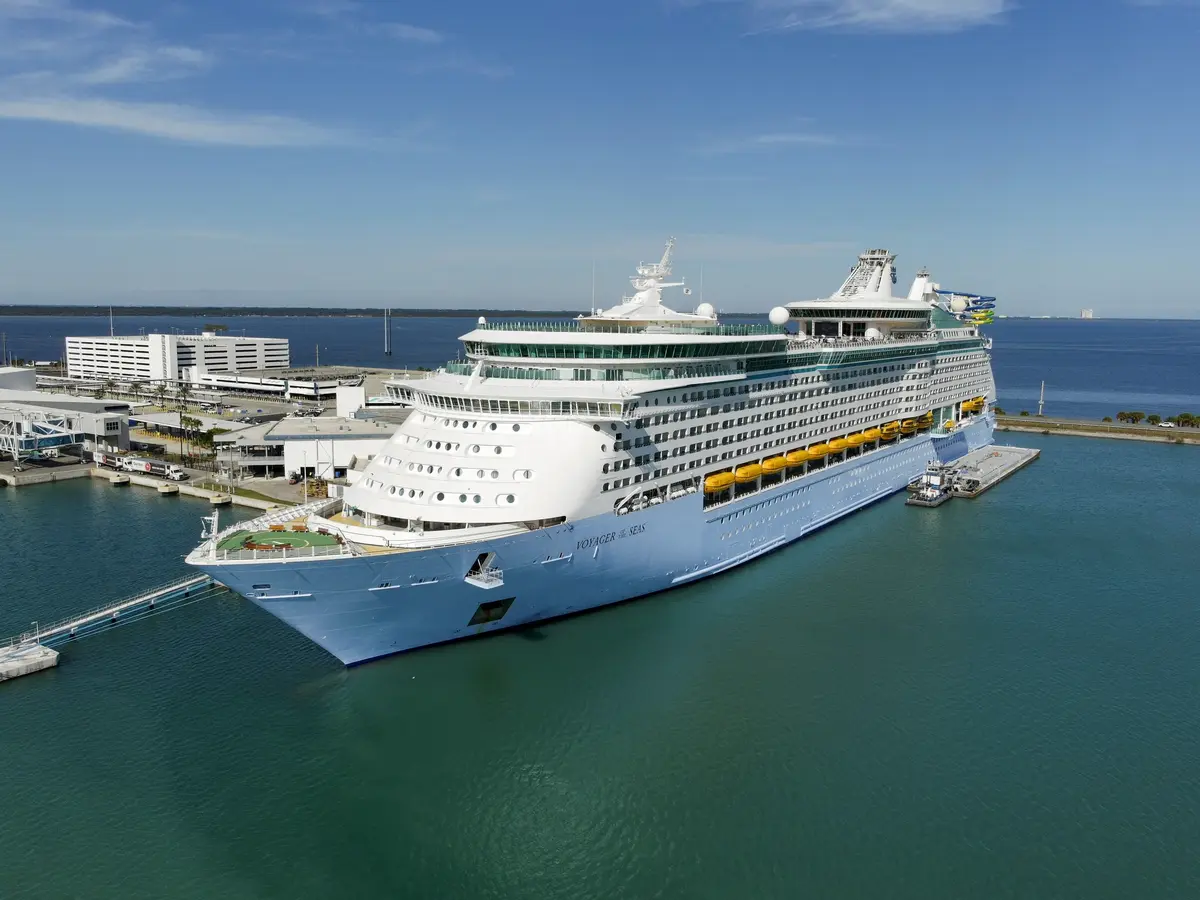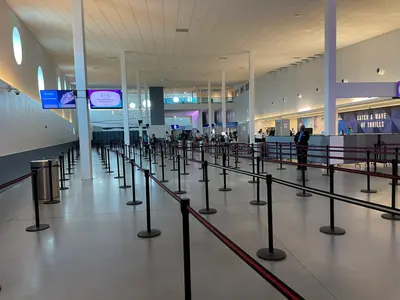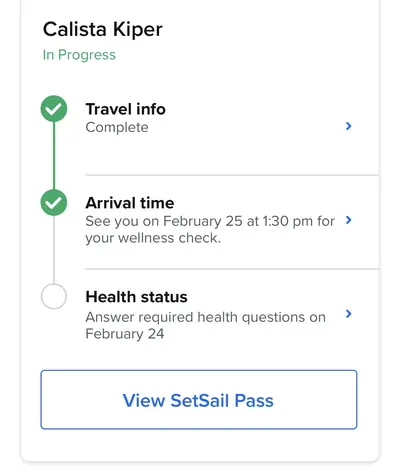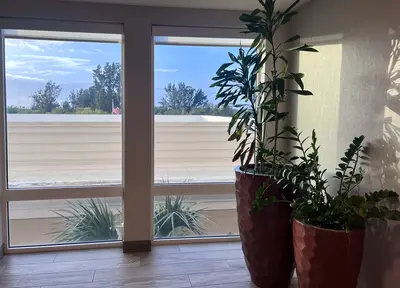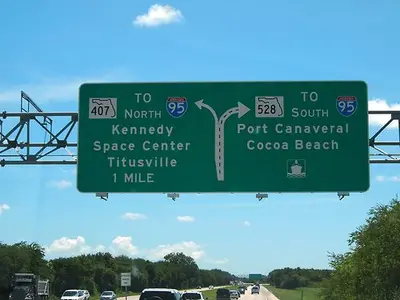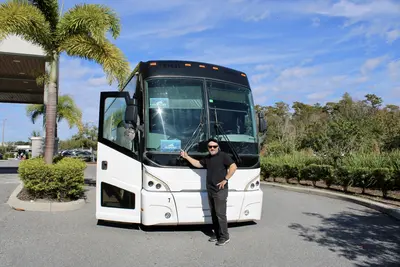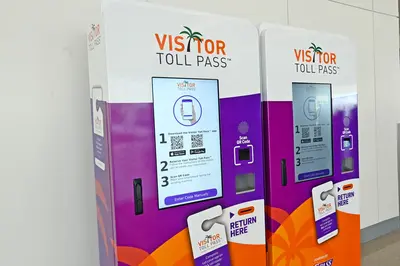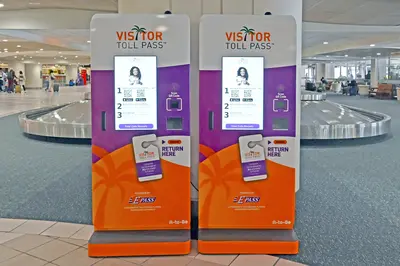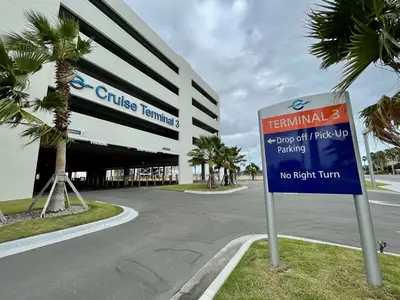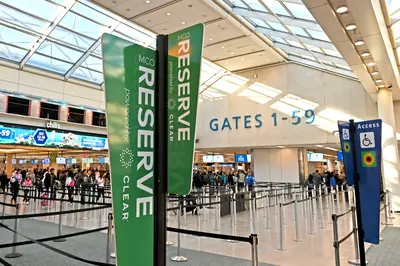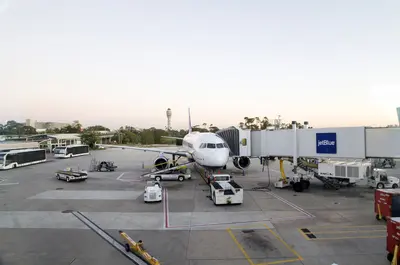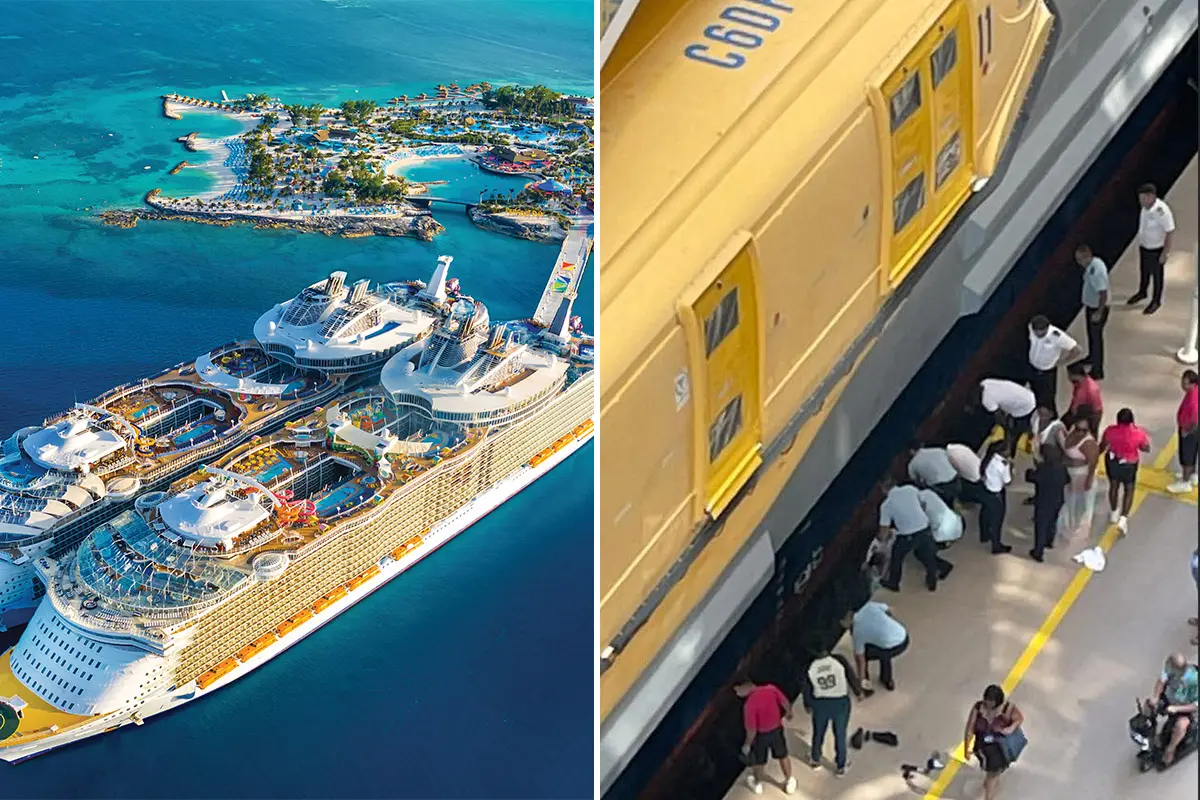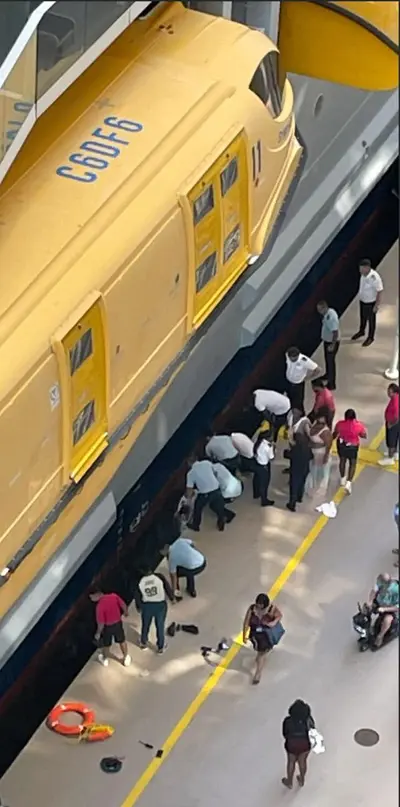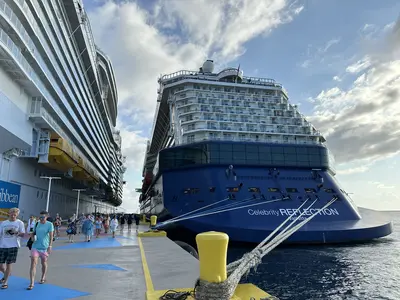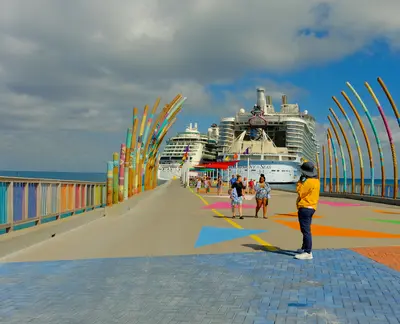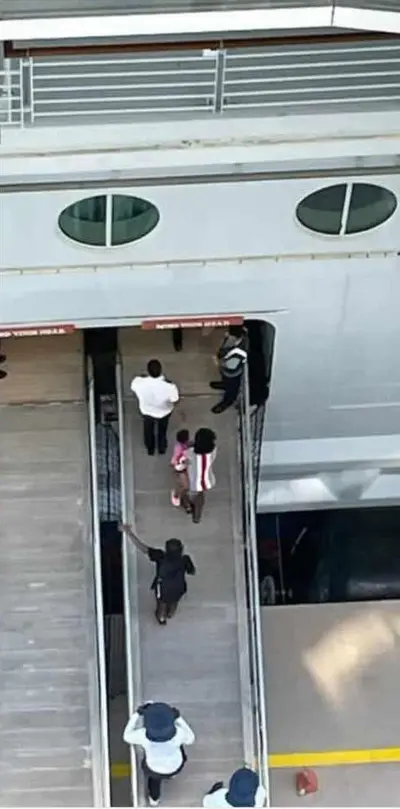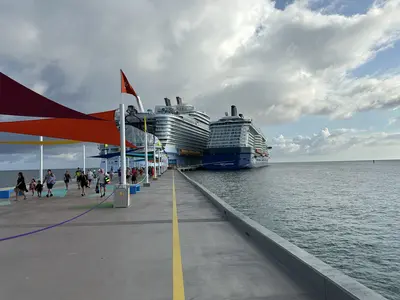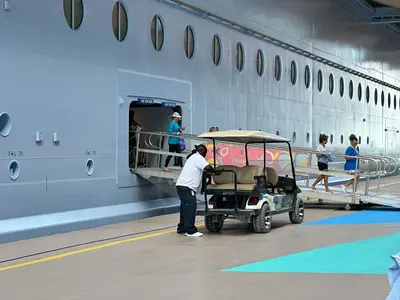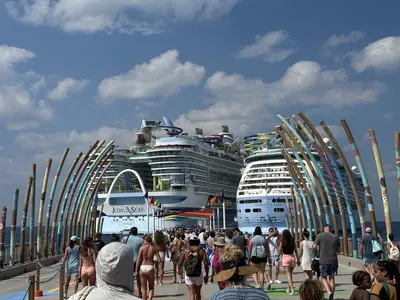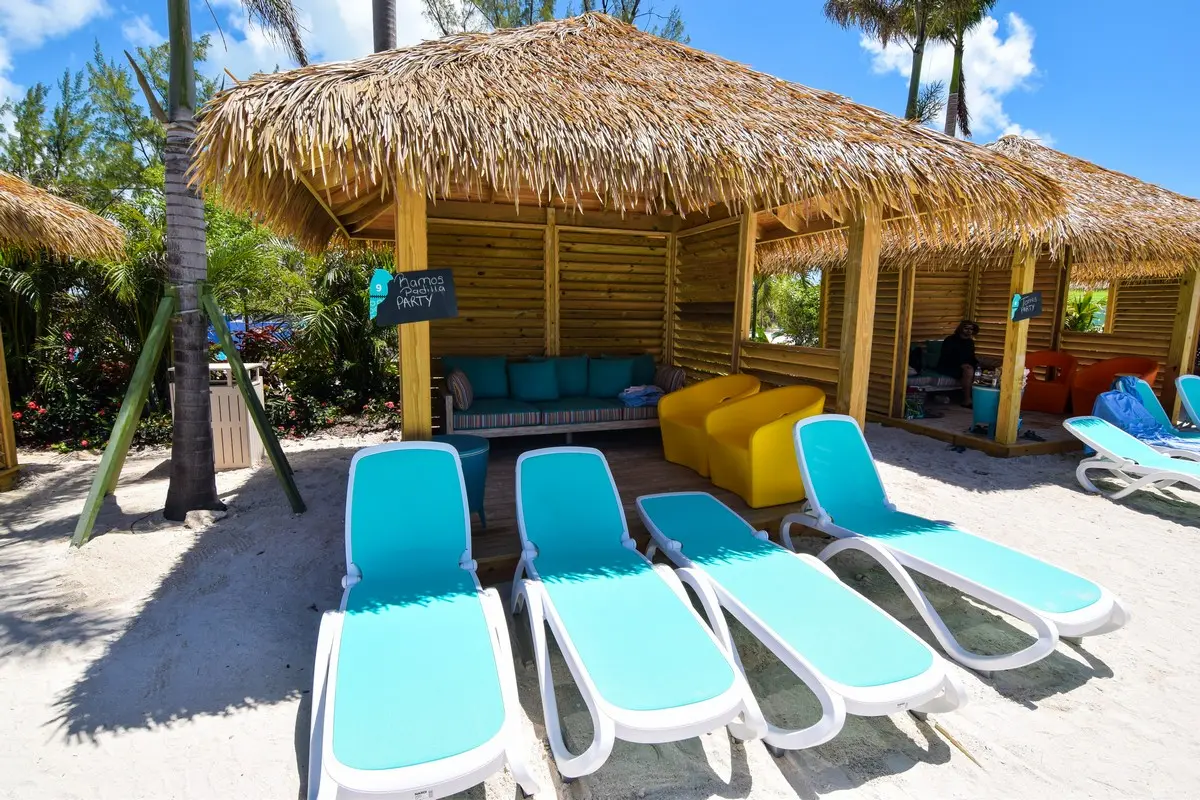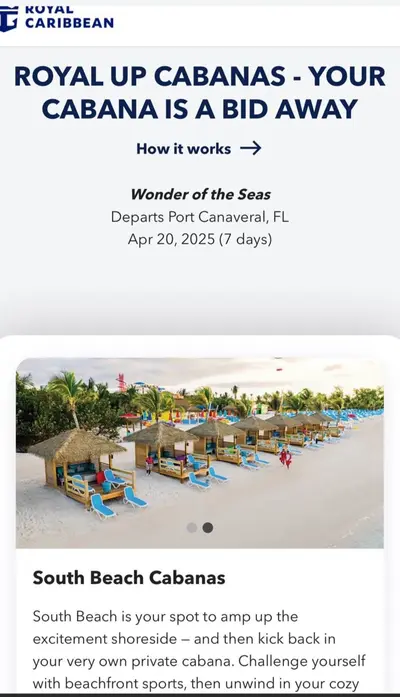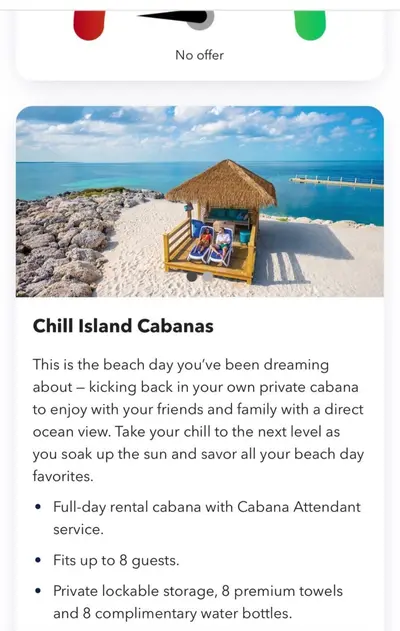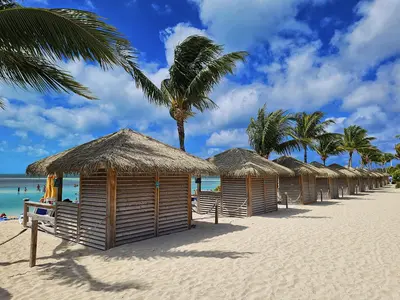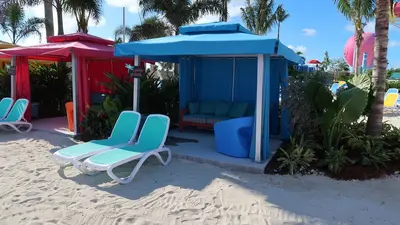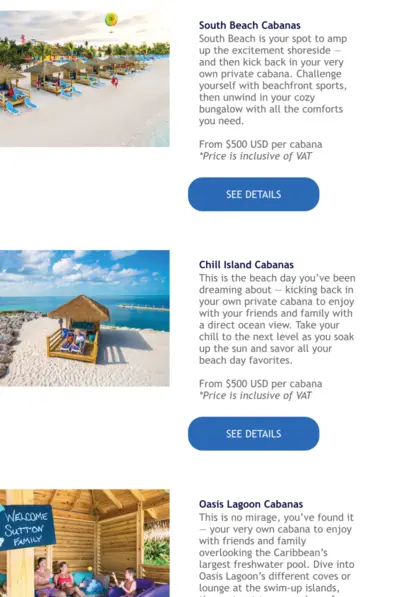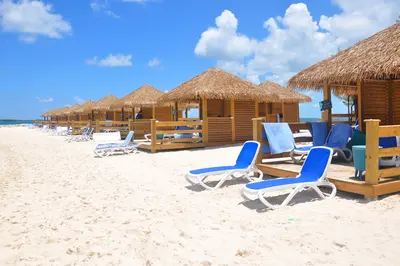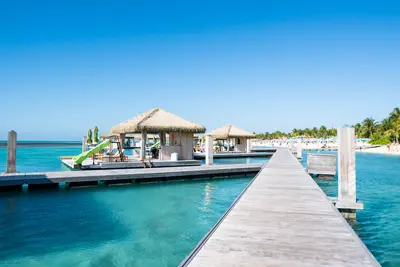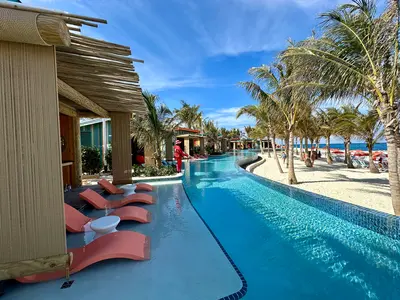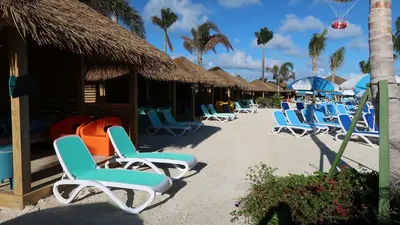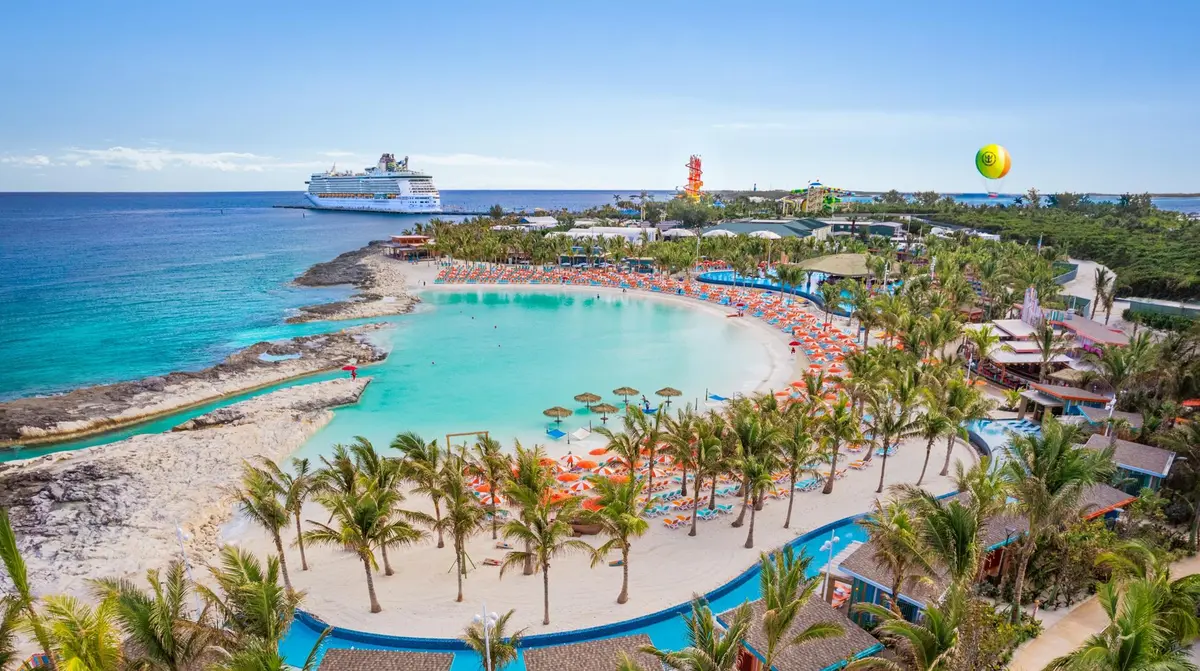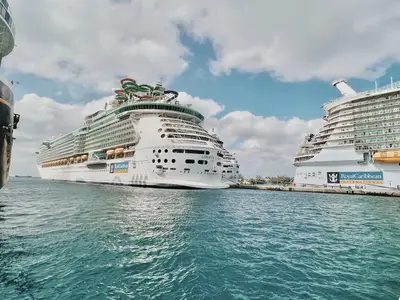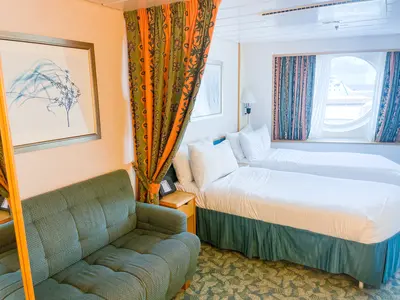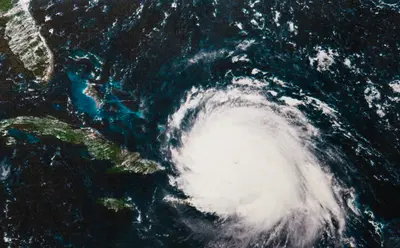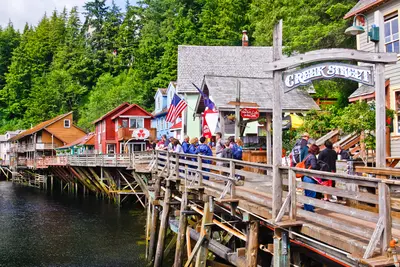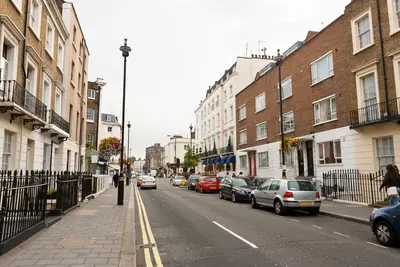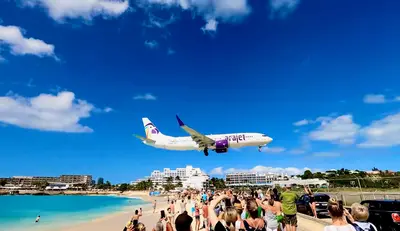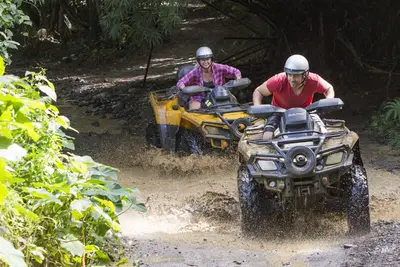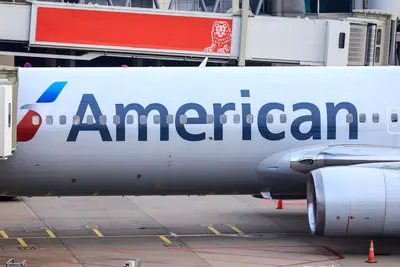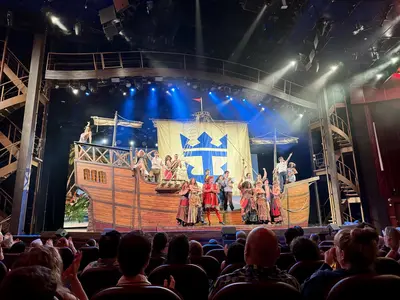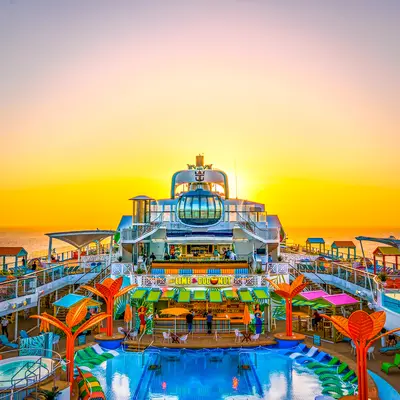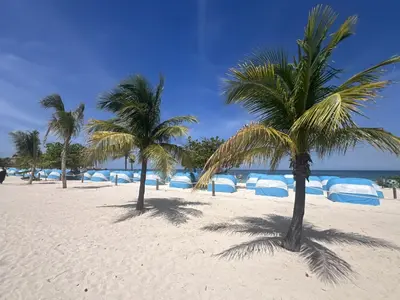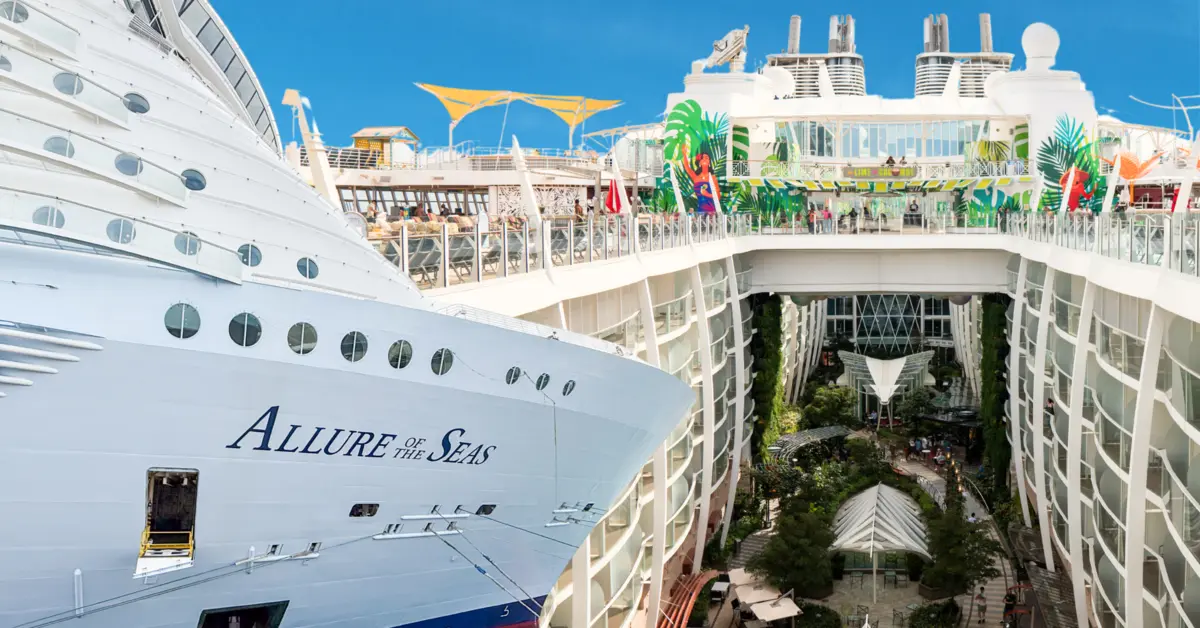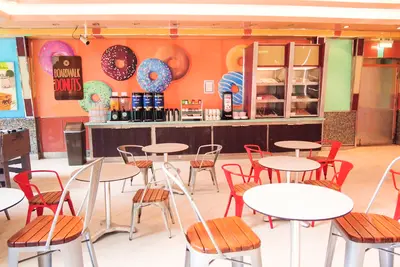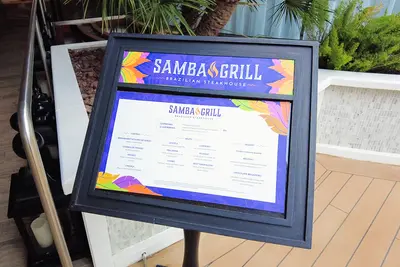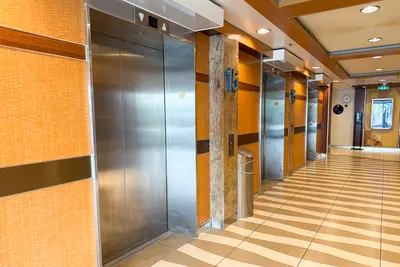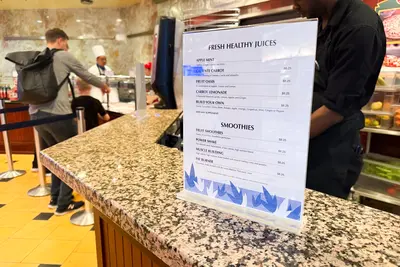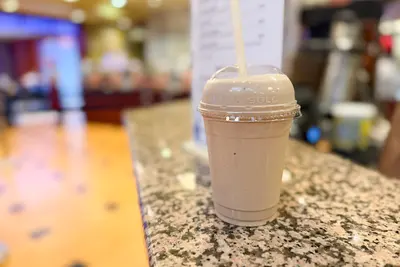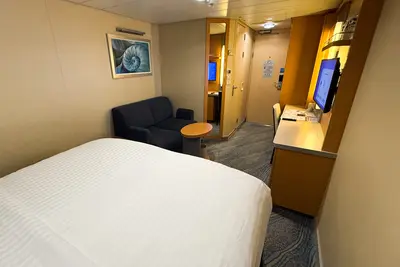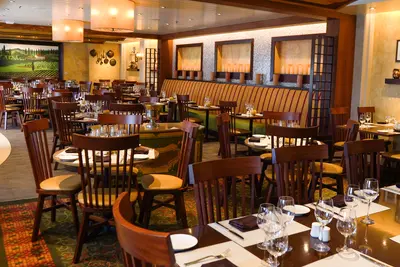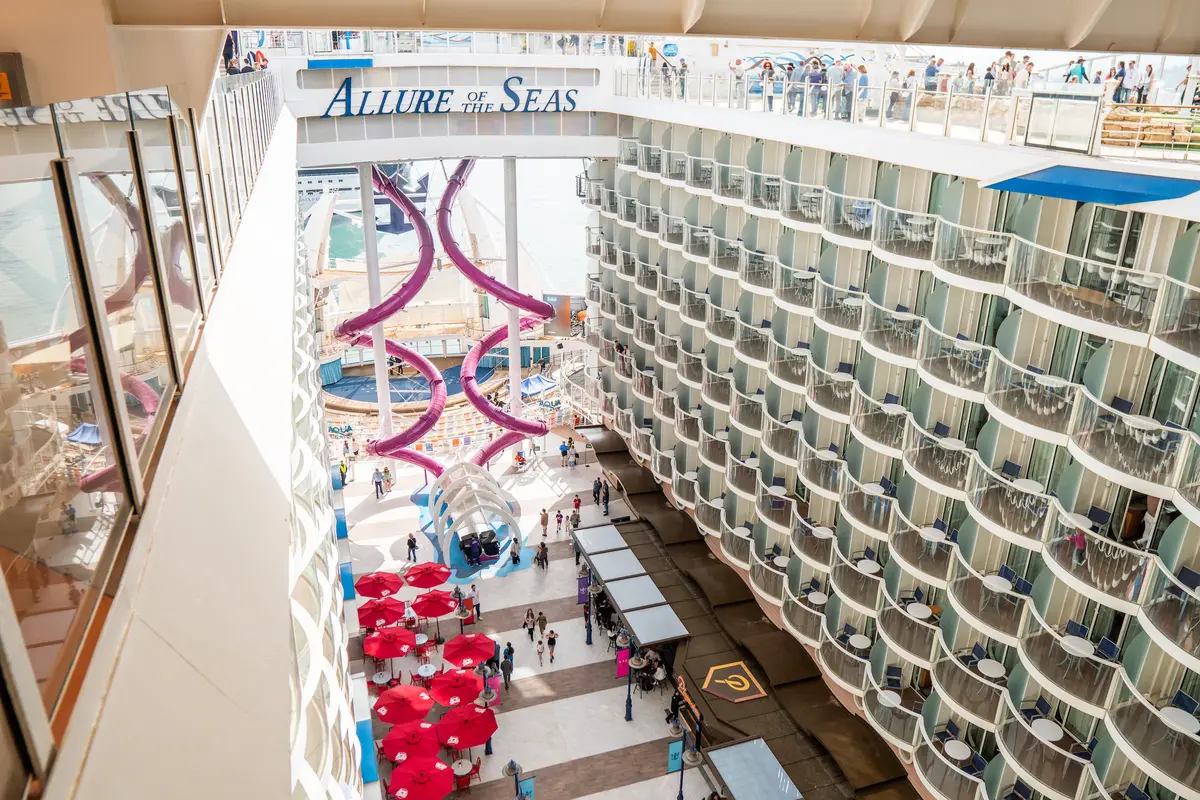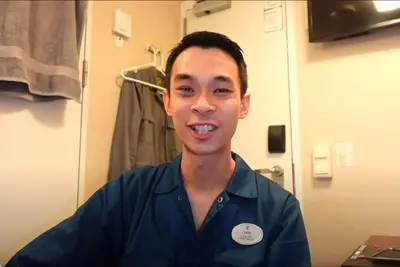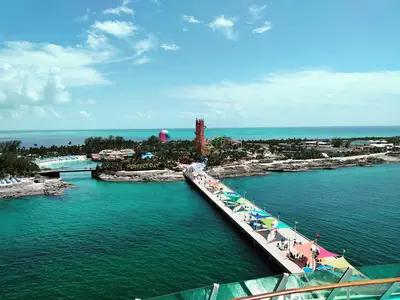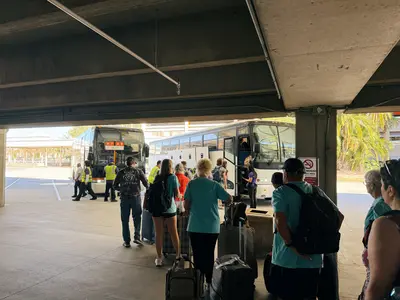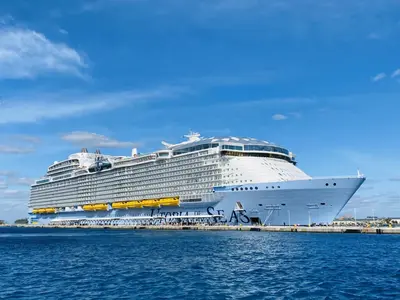Meet the meteorologist who decides if your cruise gets rerouted
In:You're ready for a great day at the beach in warm tropical waters with the sun shining, but the Captain announces a change in the itinerary for your cruise ship. Who makes that call?
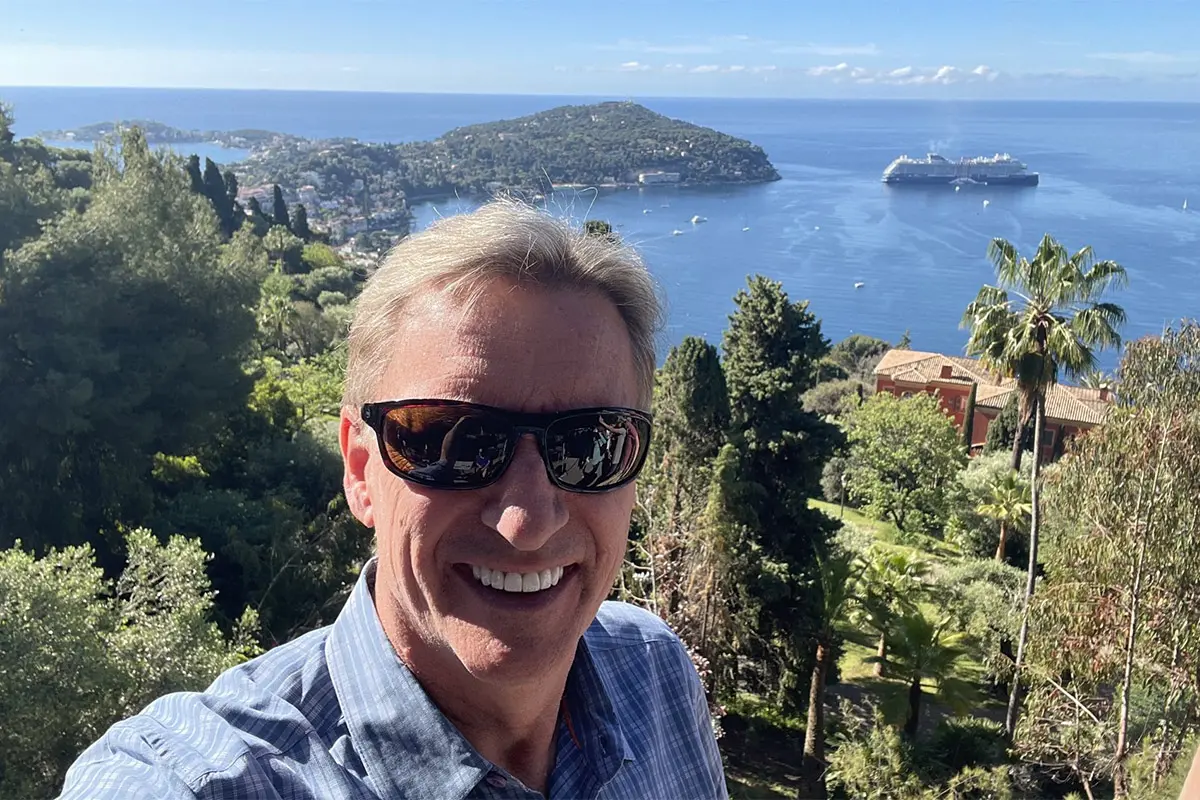
Craig Setzer is Royal Caribbean’s Chief Meteorologist, and it's his job to monitor weather developments around the world to make sure cruise ships are never in danger.
When he was hired, Royal Caribbean Group CEO Jason Liberty gave Mr. Setzer his marching orders when he told him, "I'm concerned about port weather events. Something that happens to us when we're in or near port that's sudden, a surprise, unexpected and not well forecast."
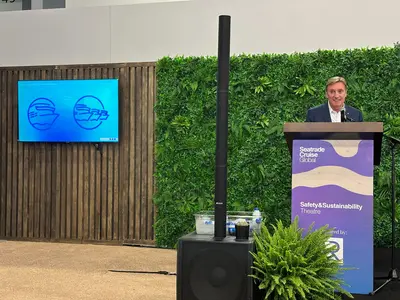
Since then, Mr. Setzer has been working every day to ensure bad weather doesn't compromise the safety of Royal Caribbean's planned sailings.
"From a weather perspective, safety is a given and it always comes first," he said during a seminar held at Seatrade Global conference earlier this month.
Of course, ensuring passengers enjoy their vacation is also important, "Guest comfort and guest experience are second on the list, right after safety."
What happens when bad weather threatens a port
When there's bad weather at sea, cruise ships can deviate. But in port it's a different story.
"When you're in the open ocean, it's more about the wave heights or sudden wind events, " Mr. Setzer explained.
"In port, you don’t have room to deviate… there’s higher sensitivity to weather events like sudden wind gust."
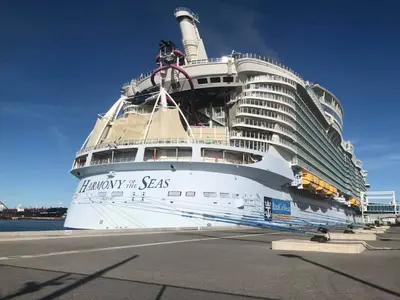
There are risks to ships and the people on them while in port if bad weather strikes suddenly. Lines can break, ships can accidently veer off course and end up grounding or allision.
To determine if a change to your port stop is needed, Mr. Setzer relies on a three step approach: detect, notify, act.
"We have to know that something is coming that wasn't expected," he explained. Looking at weather models and tracking storms is part of that.
The second step is if he sees something concerning, to alert the ship and crew immediately.
The final step is to act and let the people at Royal Caribbean's marine division make a decision on a change.
He said his job is primarily detection, and he's thankful he's not the one making the call on a reroute, "I’m more on the detection part. We’re working together to create a notification part."
Hurricane season and big decisions

Forecasters recently called for an "above normal" hurricane season this year, but that doesn't change how he views his prep for what to expect.
"Even in low years like 1992, South Florida got Andrew. In high years like 2022, we didn’t get anything. So you never know."
Royal Caribbean never takes the threat of a hurricane lightly, "from a marine perspective, we prepare every year with the possibility we could have an impact. We don't say this year it's a low number, so we're going to relax now."
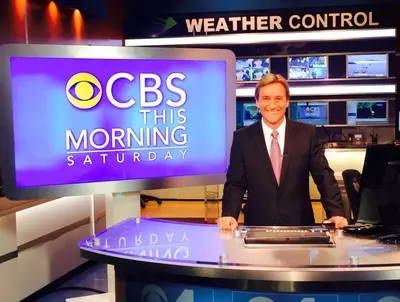
Craig spent 25 years in South Florida, and 22 of those years was spent as a TV weatherman in Miami. That experience from decades in Miami makes him a step ahead.
"I tend to anticipate the weather more than the models… even before a hurricane advisory comes out, I’m thinking: Where are my ships going to go to stay safe?"
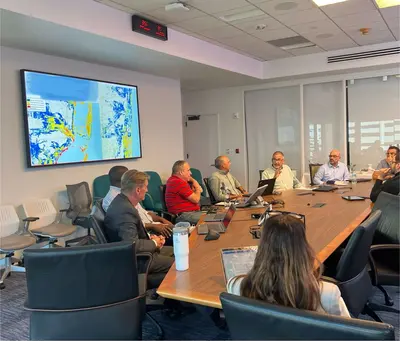
Last year, he participated in a preparedness test with key members across Royal Caribbean. The cruise line runs multiple hurricane exercises per year to get everyone ready for the season.
In one example, a simulation had a storm that rapidly intensifies as it approaches South Florida. It began developing within 3 days of reaching Miami, putting everyone behind the planning curve from the beginning.
"This scenario is entirely possible and has happened before in history. Most folks think we will have days and days to watch and prepare."
How Royal Caribbean uses AI and radar to outsmart the weather
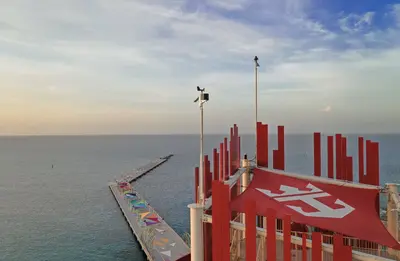
Royal Caribbean is blending artificial intelligence with weather radar to improve storm detection and cruise safety.
Royal Caribbean partnered with Meteopress to purchase a new radar system for the cruise line's Perfect Day at CocoCay private island in The Bahamas.
This isn't a run-of-the-mill radar station. It incorporates AI tools will forecast the weather to better detect port weather issues well before they hit.
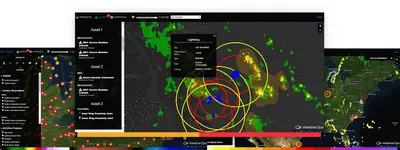
It uses AI and machine learning to determine where traditional weather models have biases, and then corrects for those biases.
The weather radar is so powerful that it can reach up to 300 miles away, which will include Miami.
According to Mr. Setzer, all of this allows meteorologists to better anticipate weather events in terms of time instead of distance. It's a tool for Royal Caribbean to leverage.
Mr. Setzer's role blends science, instinct, and guest care in every voyage. By virtue of the fact Royal Caribbean employs a meteorologist, it provides a hidden value that guests may not be aware of, but is constantly watching for any potential issues.

